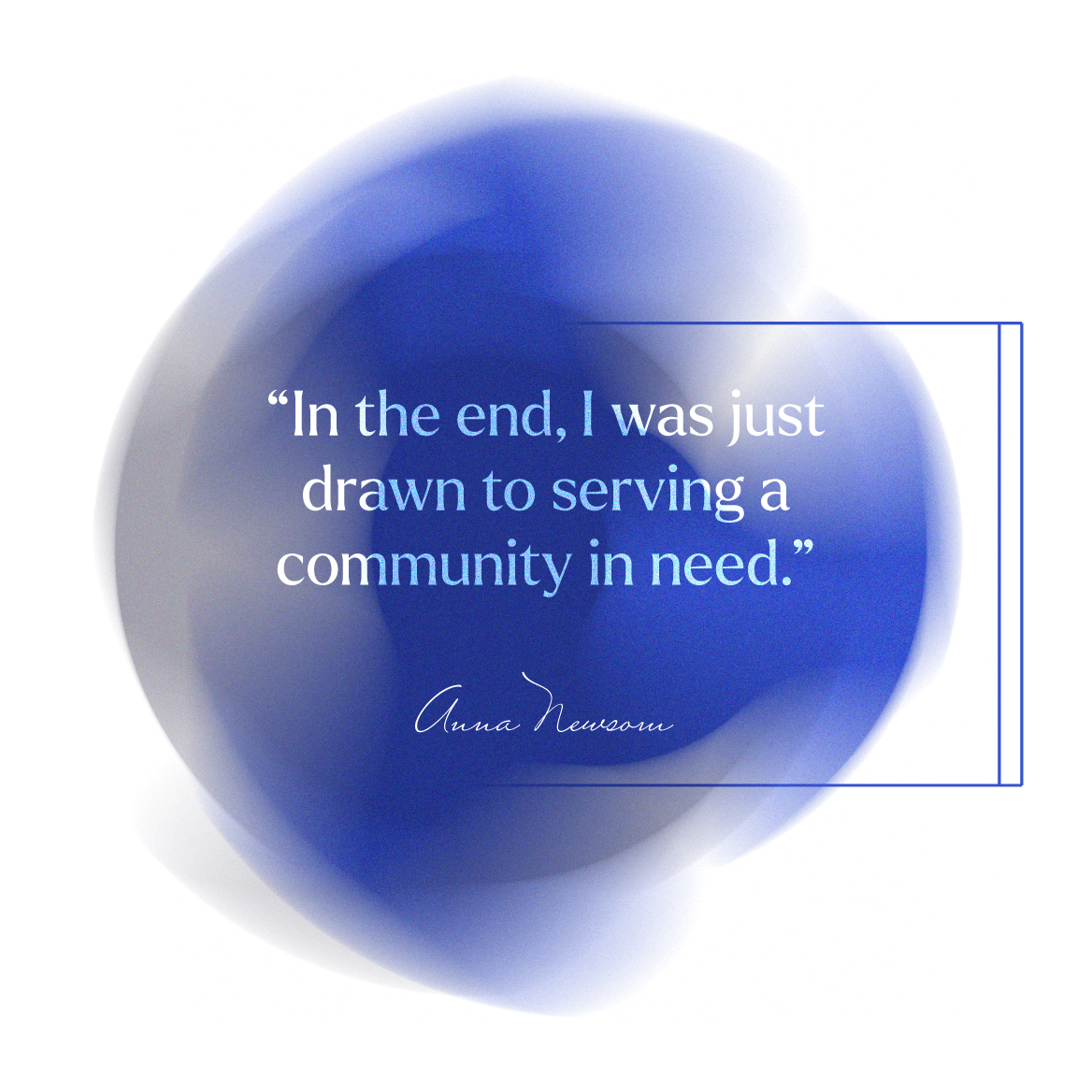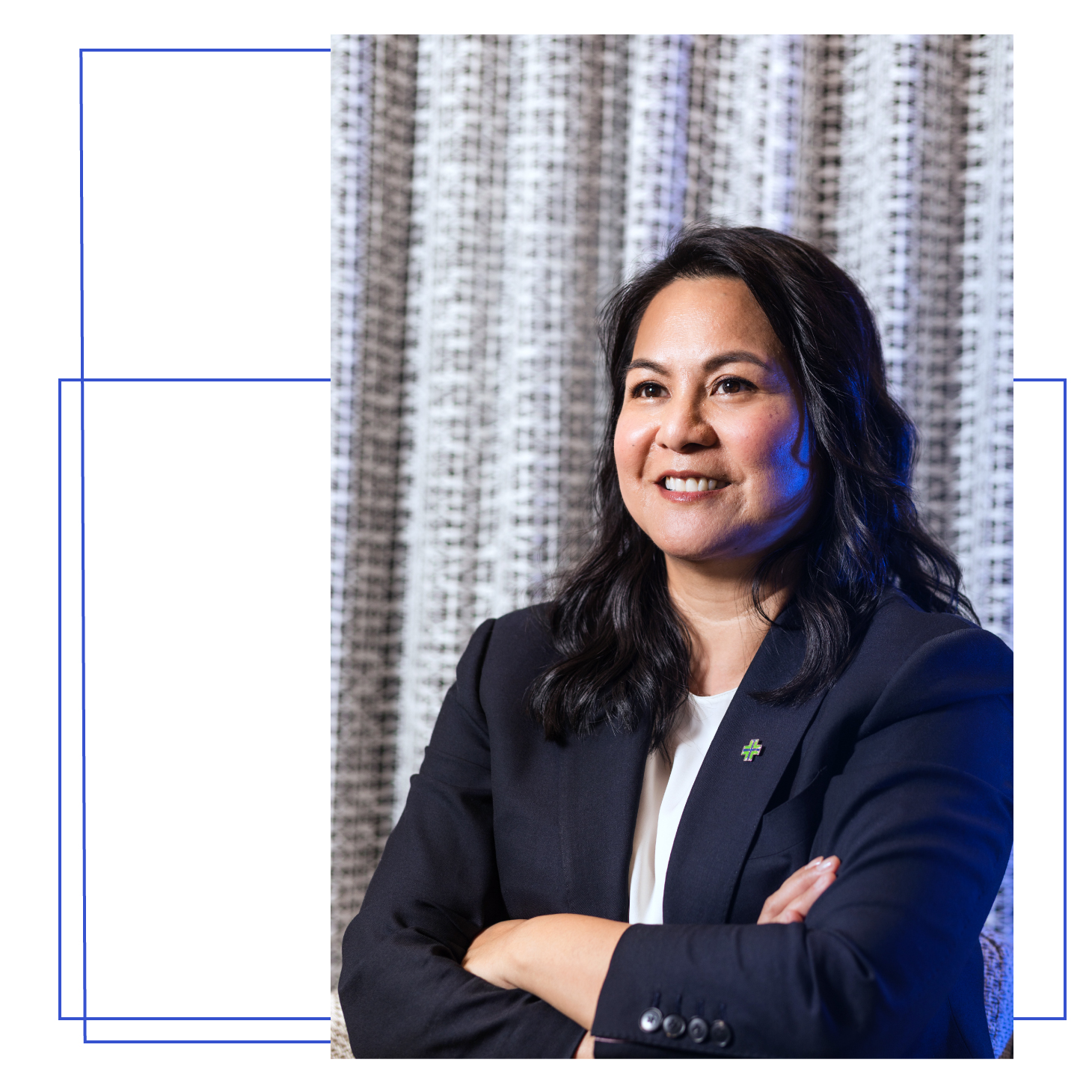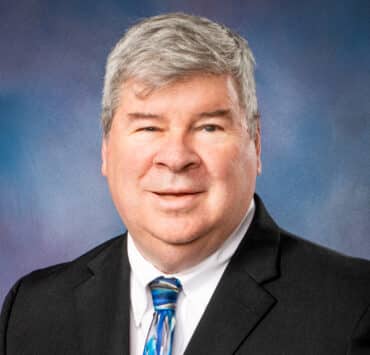
Anna Newsom compares the journey that brought her to Providence as chief legal officer (CLO) to a video game in which the hero picks up tools and weapons along the way that will help them succeed in their particular quest.
Newsom came to the nonprofit, faith-based healthcare organization after nearly a decade with Travelers Insurance. “You couldn’t find two more different industries than property and casualty insurance and healthcare, yet there are a lot of approaches that cross over in terms of running a legal department,” she explains. “For example, how do you calibrate developing in-house legal capabilities that bring strategic value to the organization against one-off outside counsel retentions? Every CLO struggles with that.”
Another issue that has taken on a pronounced importance, especially since the pandemic and the so-called Great Resignation, Newsom says, is the engagement and retention of caregivers. “This is an issue for any industry,” she notes. “Not only how you make sure you’re finding the right talent, but that you’re keeping the talent motivated to stay at a very specific type of organization.”
Newsom leads a team of roughly 60 people that supports the legal needs of a health system that comprises 120,000 caregivers, more than fifty hospitals, and roughly 1,100 clinics across seven states.
What the legal team brings to the table is “broad and deep expertise,” Newsom explains. “A lot of operational issues arise day-to-day at Providence, so the structure of our legal team that provides core operational support mirrors the system’s three divisions: North, South, and Central.”

There is also a labor and employment team that deals with not only employer-related issues, but also unions and contract negotiations. The litigation team addresses adversarial proceedings, investigations, and traditional litigation, as well.
“We also have a system or shared services team, which consists of attorneys who support a particular part of the business, or attorneys who specialize in transactional matters, regulatory issues, privacy, security, real estate, and tax, to name a few,” she adds. “All that expertise is not necessarily tied to a given operational unit; most of our lawyers support the entire system on these issues.”
One of the key responsibilities of Newsom’s role is to determine how much of this expertise is outsourced and how much is developed in-house to grow internal and institutional capabilities.
“I rely on the experts on my team,” she says. “They have decades of healthcare law experience, and that is incredibly valuable to me in terms of the legal work we do and fulfilling our mission to serve the poorest and most vulnerable members of our community.”
Newsom emphasizes, however, that healthcare is just one part of the equation; Providence also focuses on the social determinants of health. “We have initiated community initiatives to help achieve housing equity and to address mental health,” she explains. “This focus goes back to the sisters who founded Providence, and the challenge for us is to adapt, transform, and innovate so that we are able to keep up with changes in the industry and stay true to our mission.”
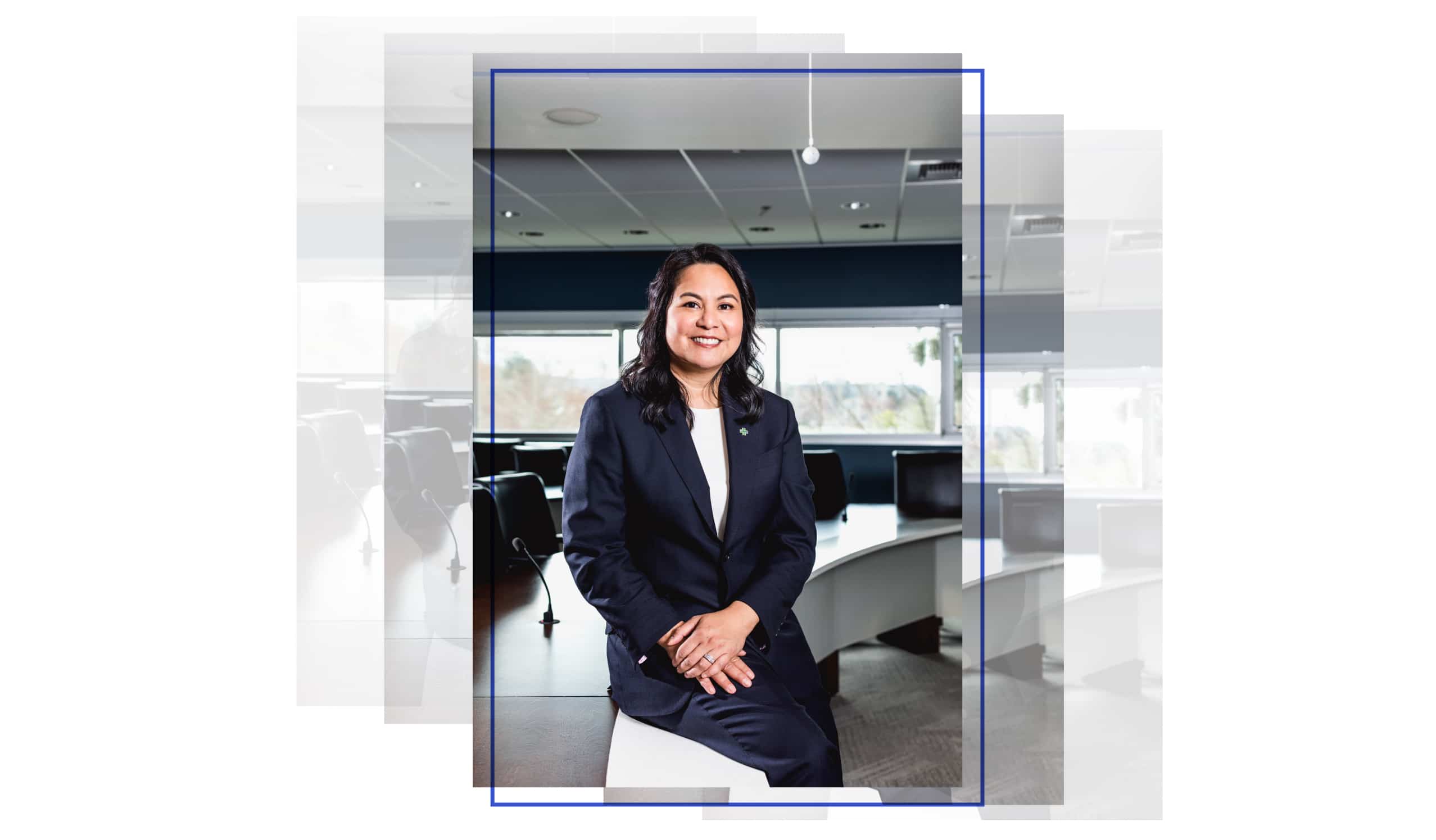
Providence is extremely proactive in the area of compliance, employing a chief risk officer and a compliance unit. “The best way to be compliant in these different areas is by maintaining a close collaboration among legal, risk, and operations,” says Newsom. “If we are all working together and strategizing on how we approach these issues before they become bigger problems, that’s our best shot at getting ahead of compliance issues.”
Newsom describes her leadership style as “very informal.” “I’m definitely guided by the principle [that] great leaders develop other leaders,” she reflects. “I’m reliant on the team of leaders and managers who report to me. I look to their expertise for advice and guidance.”
Over the course of her career, Newsom has benefited from strong mentors, she says, who helped her with everything from specific legal issues to more general career advice. “When I was at Travelers, I had formal legal leadership roles, but also nonlegal roles, so I was able to view legal services from the perspective of a business partner and a client. That made a dramatic difference on the kind of legal leader I am.”
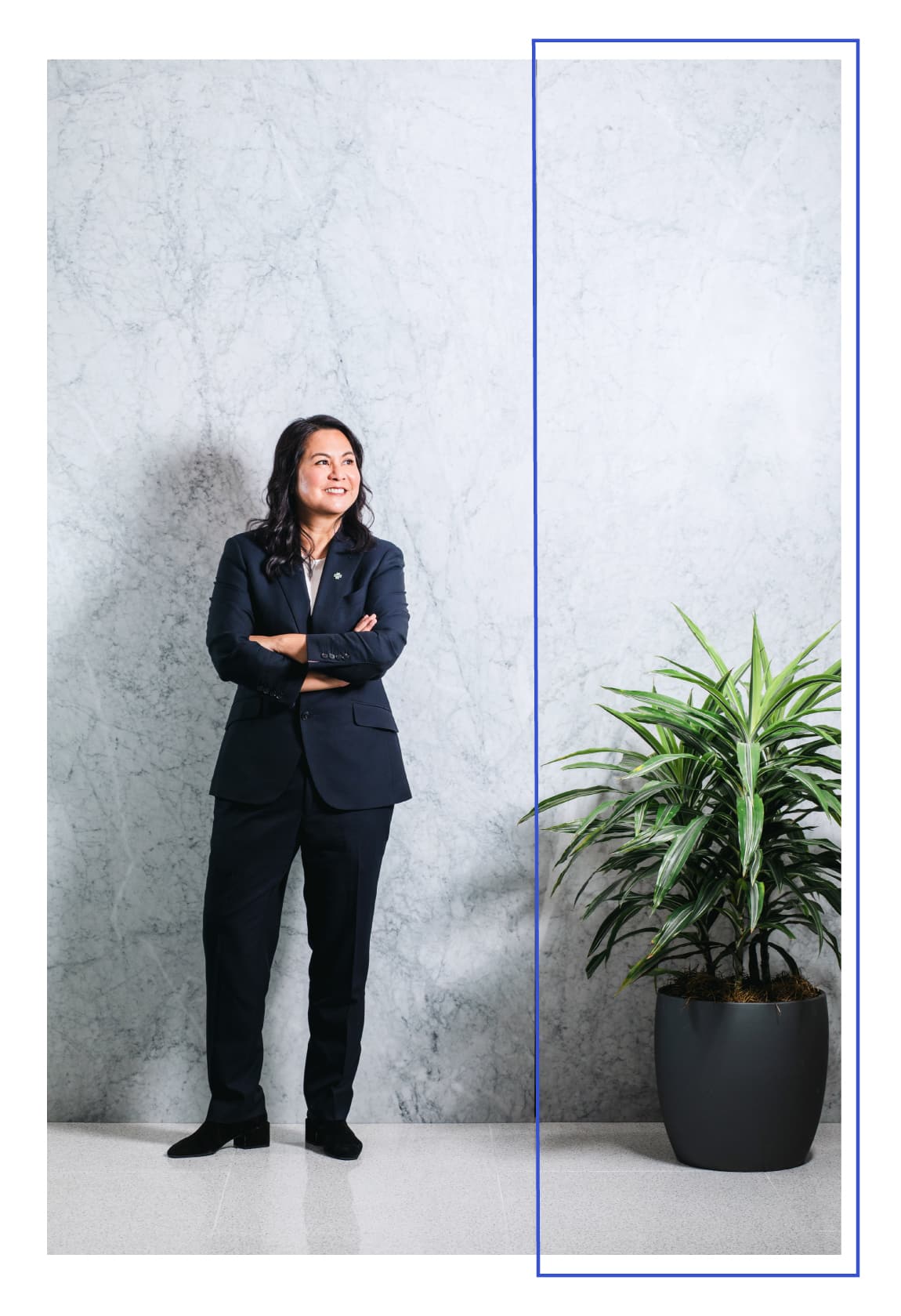
Newsom first became interested in law when she immigrated to the United States at the age of sixteen. “It was a relatively easy process,” she remembers, “but I did get my first experience with the American legal system. I also interned at the United Nations. That was a tremendous opportunity to see world leaders trying to work through our most foundational problems.”
“I also watched too many episodes of Law & Order when I was in law school, before I became an assistant district attorney in the Bronx,” she adds with a laugh. “In the end, I was just drawn to serving a community in need.”
